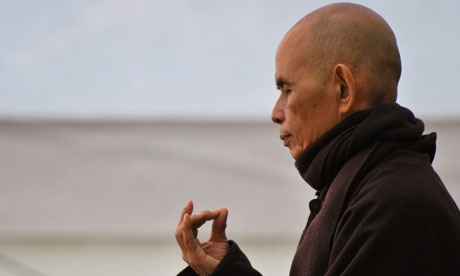In today’s
National Post, Andrew Coyne
ponders
the sudden “hysteria” that has erupted around Vic Toews’ Lawful Access
legislation. Why has this Internet snooping bill suddenly inspired so
much debate, controversy and activity, when a near-identical version
introduced in 2005 by the Liberals was barely discussed?
After considering all possibilities, Coyne nails it: it’s the
Internet, stupid. But here’s what he gets wrong: “The Internet” does not
exist. Teh Internets (sic) do. Coyne considers the value of “the online
community as a political force.” Interchangeably, he refers to this
community as “anonymous… digital vigilantes.”
Let’s clear things up: There is no single “online community.” One hundred thousand people signed OpenMedia’s
petition
against Lawful Access. Thousands of people took part in the
lighthearted #TellVicEverything and #DontToewsMeBro Twitter memes. The
controversial Vikileaks Twitter account was likely the work of one
individual. When the
National Post reports
that the “hacker group” Anonymous has posted a video ultimatum to Vic
Toews, demanding that he resign and that Lawful Access be scrapped, it
leaves unmentioned the fact that OperationVicTory could very well be the
work of one individual Anon.
Meanwhile, there are other Internets. There are the listeners of my niche digital policy podcast
Search Engine,
who have been discussing Lawful Access since our third episode in 2007
(when the public safety minister at the time, Stockwell Day, promised
that the Tories had no interest in warrantless surveillance and never
would). There are the thousands of visitors to Michael Geist’s
blog, where this legislation has been discussed in detail for longer still. There are the readers of online news sources like
Macleans.ca.
Combined, they are the Internet. Which is to say, none of the above
alone are the Internet. Which is to say, “the Internet ” is becoming a
useless term. Coyne derides online activists who claim to represent ‘the
public.’ He’s right—no one group can make that claim. The public is not
a monolith. It is the aggregate of all voices calm and urgent, active
and casual, educated and emotional. Usually the public is saying many
things at once. But now and then, it says the same thing all together.
In these moments, we learn that the real majority and the real
opposition are one and the same.
This is no hysteria. This is the public saying “no,” any and every way it can.
Original Article
Source: Maclean's
Author: Jesse Brown




























